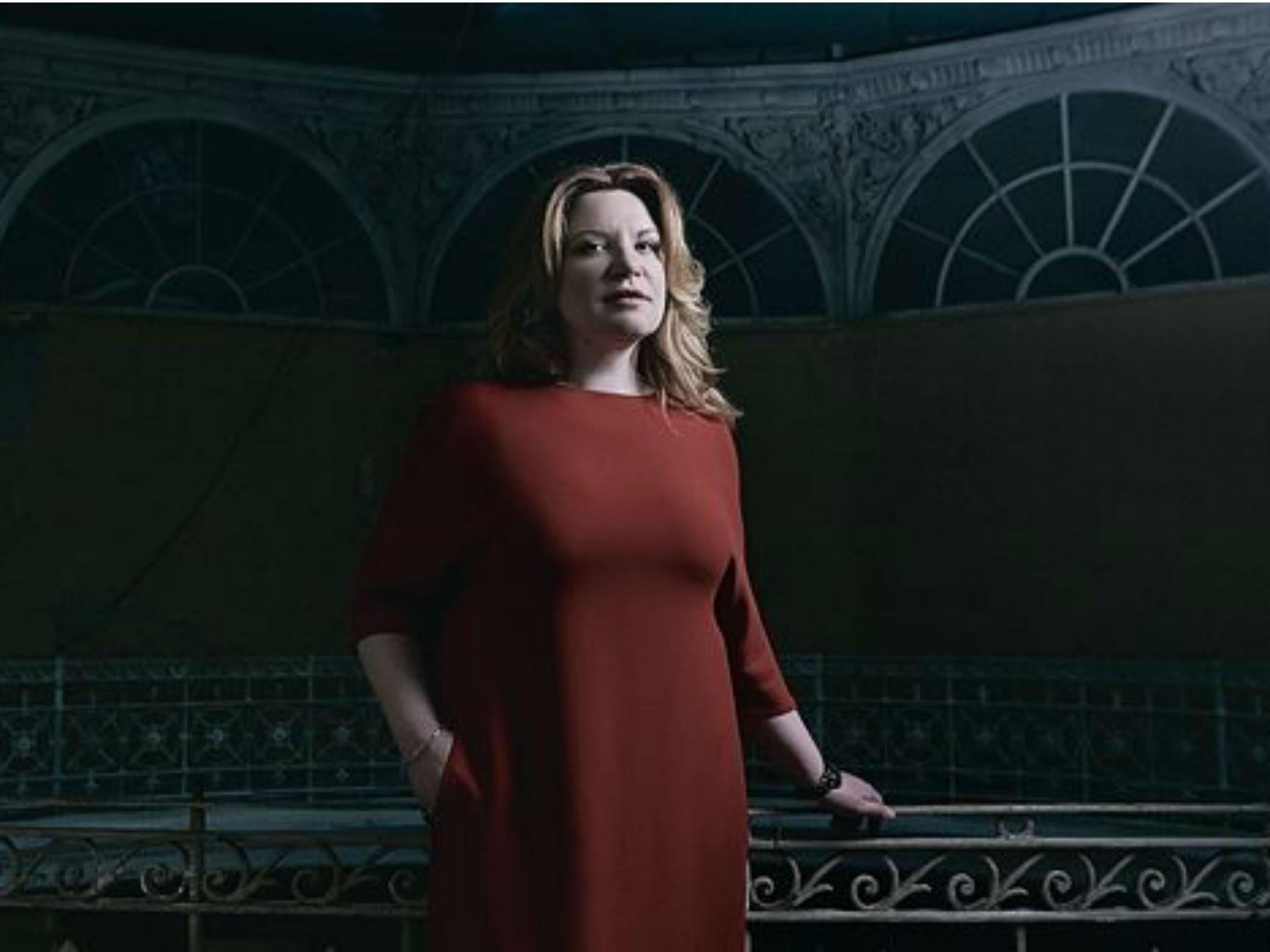Ekaterina Semenchuk/Helmut Deutsch, Wigmore Hall, London, review: No other mezzo can match her artistry in her native Russian repertoire
The Russian mezzo-soprano Ekaterina Semenchuk performed a Russian repertoire by composers known collectively as the the Mighty Handful to an audience who clamoured for more

Your support helps us to tell the story
From reproductive rights to climate change to Big Tech, The Independent is on the ground when the story is developing. Whether it's investigating the financials of Elon Musk's pro-Trump PAC or producing our latest documentary, 'The A Word', which shines a light on the American women fighting for reproductive rights, we know how important it is to parse out the facts from the messaging.
At such a critical moment in US history, we need reporters on the ground. Your donation allows us to keep sending journalists to speak to both sides of the story.
The Independent is trusted by Americans across the entire political spectrum. And unlike many other quality news outlets, we choose not to lock Americans out of our reporting and analysis with paywalls. We believe quality journalism should be available to everyone, paid for by those who can afford it.
Your support makes all the difference.Ekaterina Semenchuk is in such demand around the world for larger-than-life mezzo roles in opera that we don’t often get the chance to hear her as a recitalist. But when we do, it’s always a five-star event. No other mezzo can match her artistry in her native Russian repertoire. This time around she sang a selection from that Russian quintumvirate known as The Mighty Handful, who – with Tchaikovsky – gave Russia its own home-grown tradition in the second half of the 19th century.
Their mission was to free Russian music from its German shackles, and to create a style which drew on Russian legend and folk music. Accompanied by the peerless Helmut Deutsch, Semenchuk began with six songs by Rimsky-Korsakov, making the most of their Orientalism and inherent drama, after which came four by Cesar Cui. Sets by Borodin and Balakirev followed, with Musorgsky’s Songs and Dances of Death as her grand finale.
Semenchuk’s art is consummate, displaying ease over a huge range, deploying gaiety and delicacy, and always with a luscious power held in reserve. At moments we were reminded of the wicked cackle she can evince for folk songs, and in the Musorgsky her dramatic talent came to the fore. 'Lullaby’ is a dialogue between Death and the mother of a sick child, and the way Semenchuk altered her tone – between bright and brittle and sepulchrally calm – was riveting. She gave three lovely encores, the last being Tchaikovsky at his most bewitching, but the audience still clamoured for more.
Join our commenting forum
Join thought-provoking conversations, follow other Independent readers and see their replies
Comments